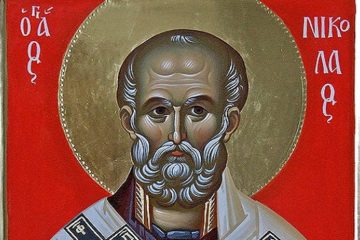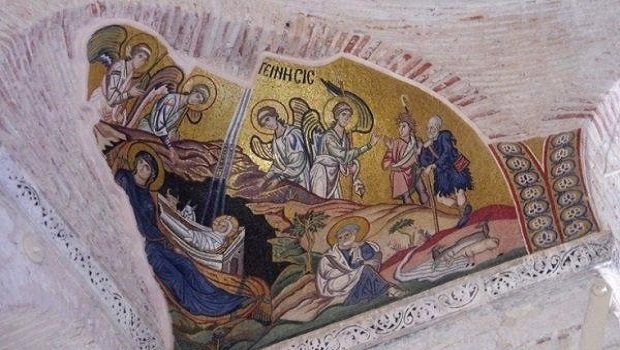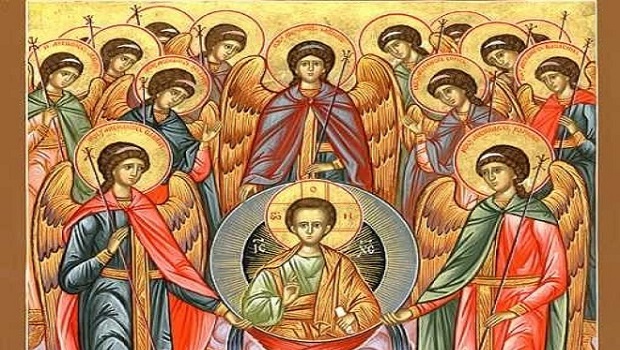Stergios Sakkos
Our first encounter with Him is through faith. Faith opens the door of the soul, so that Christ can enter. Faith receives Him, subjects our hearts to Him and engenders within us a fervent interest and powerful desire to approach Him. This is the initial requirement for Christ to dwell in our hearts, as Saint Paul says (Eph. 3, 17). But it takes love in order for the Lord to stay with us and make us His temple and altar. Jesus declares “Whoever loves me will keep my word and my father will love them and we shall come to them and make our dwelling in them” (Jn. 14, 23). The word of God helps us as regards the confirmation of our faith and the increase of our love. When the word of God, preaching and teaching, dwells abundantly within us, then the Word of God, Jesus Christ, not only squeezes into us, but does so into our innermost parts. He nurtures us mystically and prepares us for our perfect union with God.
But what actually effects our rebirth in Christ, is, in the end, the sacrament. The Lord said so in no uncertain terms: “Those who eat my body and drink my blood, remain in me and I in them” (Jn. 6, 56). He comes, knocks at our door and, when we open, lays the table for us Himself. He, the beggar of our salvation, brings His body and blood to nourish us and to make us happy. He invites us to sup with Him, because “truly my flesh is food and truly my blood is drink” (Jn. 6, 55). We truly celebrate Christmas when, with fear of God, faith and love, we partake of the spotless sacraments and are reborn together with the new-born Christ.
† Sergios Sakkos.
George Herbert (3 April 1593 – 1 March 1633) the Welsh-born English poet Anglican priest, has something similar to say in his beautiful poem Love (III)
Love bade me welcome: yet my soul drew back,
Guilty of dust and sin.
But quick-eyed Love, observing me grow slack
From my first entrance in,
Drew nearer to me, sweetly questioning,
If I lacked anything.
A guest, I answered, worthy to be here:
Love said, “You shall be he”.
I, the unkind, the ungrateful? “Ah, my dear,
I cannot look on thee”.
Love took my hand, and smiling did reply,
“Who made the eyes but I?”.
“Truth, Lord, but I have marred them; let my shame
Go where it doth deserve”.
“And know you not” says Love, “who bore the blame?
My dear, then I will serve”.
“You must sit down”, says Love, “and taste my meat”.
So I did sit and eat.
(Spelling modernized)
And do we not say, in our prayers before Communion:
How shall I, unworthy as I am, have the temerity to receive the Communion of Your holy things?
For if I should dare to approach with those who are worthy, my garment convicts me,
since it is not that of the Supper,
and I shall heap condemnation on my most sinful soul.
Cleanse the filth of my soul, Lord,
and save me, for You love humankind.
WJL.
Read the first part here
Source: pemptousia.com




0 Comments